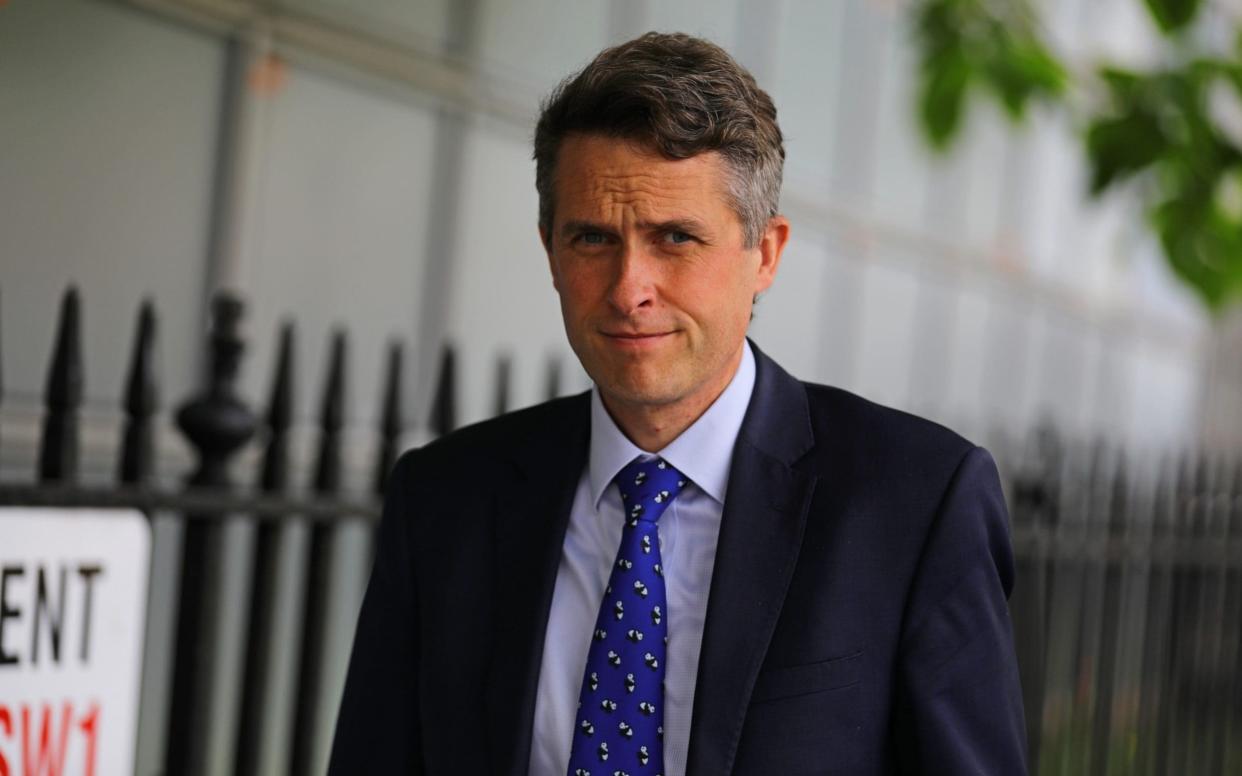Schools could remain closed until mid-February


Schools may be closed until the February half-term holiday as the Government’s Scientific Advisory Group for Emergencies (Sage) advisers warned a lockdown may be insufficient to curb the variant strain of coronavirus.
Senior Government sources admitted schools could stay shut when ministers reviewed the closures on January 18 if the extension of Tier 4 restrictions to most of England failed to contain the virus.
Minutes from a pre-Christmas meeting of Sage released on Thursday revealed members did not believe a lockdown similar to November’s would keep the R rate below 1 because of the highly-infectious new coronavirus strain.
It came as Gavin Williamson, the Education Secretary, came under fire for the “patchwork” closures of primaries on Monday, which meant many schools would remain closed when those in neighbouring boroughs with higher coronavirus rates would be open.
A Government source admitted: “The closure of schools until mid-February is an entirely possible scenario. We don’t have the data for Christmas yet but we will by January 18 and it’s difficult to see that being an improvement.”
A senior Government source added: “We have been careful not to say they will definitely reopen on January 18 because we don’t know that.”
It means that at least some of the million primary school pupils who will not return to their classrooms on Monday could miss classes beyond January 18.
The pupils, spread across 50 boroughs, were selected as they were in “high infection areas” however, parents and teachers were left confused by inconsistencies in the criteria for opening schools in areas with higher coronavirus rates while neighbouring ones remained shut.
Most secondary school pupils will also stay at home until “at least” January 18, two weeks after term was supposed to start. Pupils in Years 11 and 13 are due to return on Jan 11.
Only children of key workers and vulnerable children in all settings will go back on Monday, the scheduled start of term.
Robert Halfon, chairman of the Commons Education Select Committee, said he feared schools faced “semi-permanent closures” as the two-week review would not reopen them.
“I would rather this two-week delay had not happened. I am worried two weeks will become four weeks and then six weeks. The two weeks is a guideline, not a cap,” he said.
“We need to get primary schools back learning. It puts incredible pressures on parents who will have to give up work and on children because of the impact on their mental health and well-being.
“If it was a real two weeks, you could understand it but if it is a rolling two weeks I am worried it means that in certain areas of the country, we are having semi-permanent school closures.”
The Sage minutes, from the December 22 meeting, show the committee felt it “unlikely that measures with stringency and adherence” similar to the November lockdown with schools open “would be sufficient to maintain ‘R’ below 1 in the presence of the new variant”.
Scientists warned even if schools did close it was not known if this would be enough to bring the R rate below one.
The Government SPI-B pandemic modelling group of scientists also urged the Government to reconsider the two-metre social distancing rule and where it was below that to consider compulsory face coverings.
Mary Bousted, joint general secretary of the National Education Union (NEU), called for both primary and secondary schools to close for two weeks to enable the Government to consider the scientific evidence and devise a strategy.
“They should have announced that, like Scotland, when the new strain of the virus became apparent,” she said, and urged the Government to consider rotas for pupils to go to school on alternate weeks.

 Yahoo News
Yahoo News 
